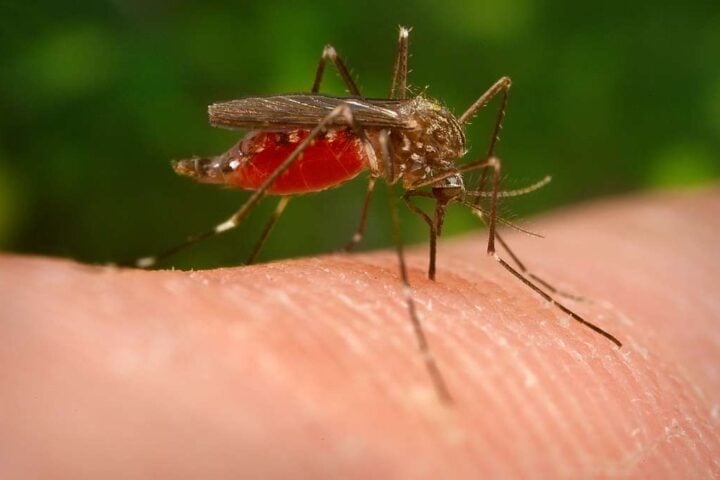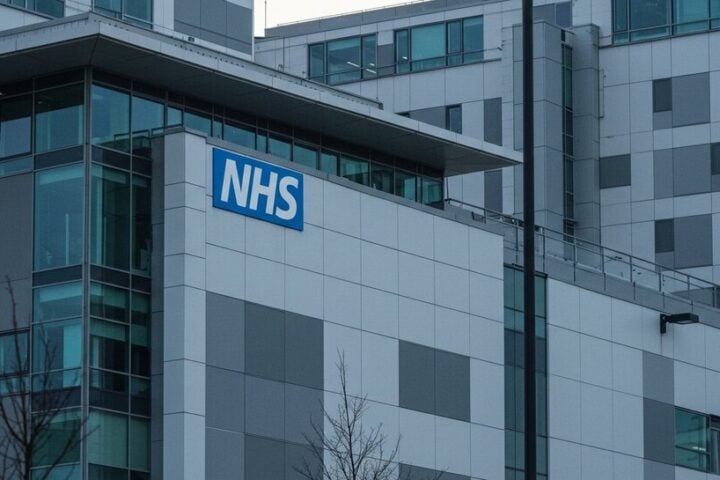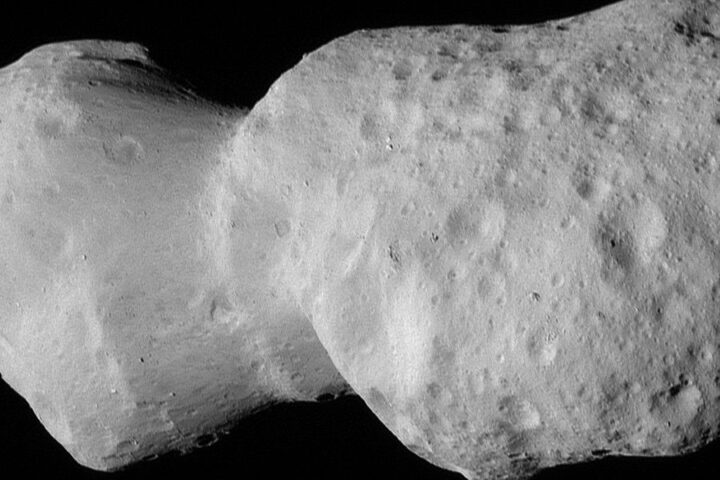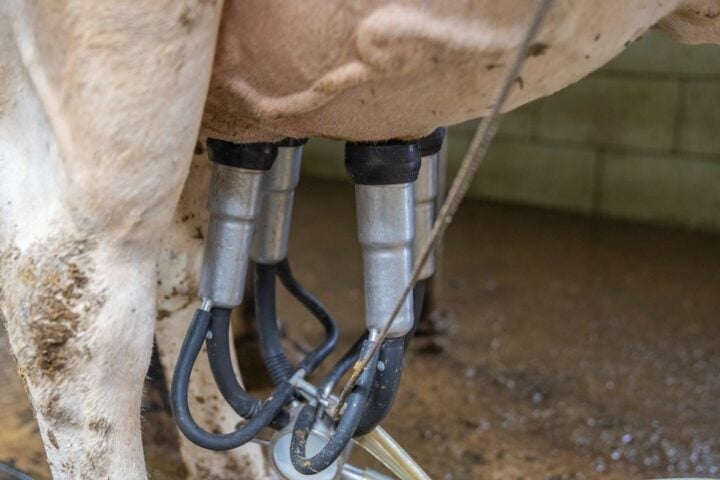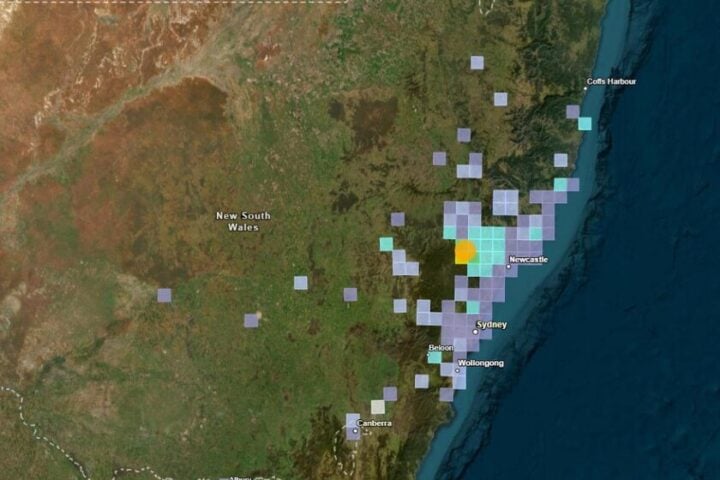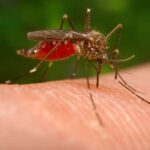The Trump administration has abruptly canceled over $12 billion in federal grants to state health departments, money that was supporting critical public health programs across the country. The cuts affect funds that were initially allocated during the COVID-19 pandemic but have since been used to address a wide range of urgent health concerns.
“The COVID-19 pandemic is over, and HHS will no longer waste billions of taxpayer dollars responding to a non-existent pandemic that Americans moved on from years ago,” said Andrew Nixon, a spokesman for the Department of Health and Human Services in a statement.
Immediate Impacts Already Felt
The effects were immediate in some locations. In Lubbock, Texas, public health officials received orders to stop work supported by three grants that helped fund the response to an ongoing measles outbreak there, according to Katherine Wells, the city’s director of public health.
State health departments began receiving termination notices on Monday evening, with the message stating: “No additional activities can be conducted, and no additional costs may be incurred, as it relates to these funds.”
The discontinued funding includes approximately $11.4 billion from the Centers for Disease Control and Prevention and around $1 billion from the Substance Abuse and Mental Health Services Administration (SAMHSA).
Job Losses and Service Disruptions
State health officials predict thousands of employees and contract workers could lose their jobs nationwide. Some states are preparing to lay off dozens of epidemiologists and data scientists. Health departments in several states estimate they could lose as much as 90 percent of staff from infectious disease teams.
Washington state lost more than $160 million in funding to its health department, Native American tribes, and other groups, according to U.S. Senator Patty Murray, who said this puts more than 200 jobs at risk.
“Senselessly ripping away this funding Congress provided will undermine our state’s ability to protect families from infectious diseases like measles and bird flu and to help people get the mental health care and substance use treatment they need,” Murray said.
Programs at Risk
The funding cuts threaten numerous public health programs:
Disease surveillance systems that track infectious diseases like measles and bird flu Vaccination campaigns and immunization programs Mental health services and addiction treatment Laboratory testing and diagnostic capabilities Health emergency preparedness
In Illinois, the state Department of Public Health and 97 local health departments had $125 million in funding pulled that had been allocated toward preventing and controlling emerging infectious diseases, according to Governor JB Pritzker’s office.
New York faces cuts of over $300 million to its Department of Health, Office of Addiction Supports and Services, and Office of Mental Health, according to Governor Kathy Hochul, who vowed to fight “tooth and nail” against the funding cuts
Similar Posts
Modernization Efforts Halted
Many states had been using the funds to modernize outdated health data systems that hampered responses to previous outbreaks. Alaska, for example, had been applying funds toward purchasing lab equipment and updating electronic records systems.
“We had the opportunity to update some of these things that desperately needed to be updated to have a more efficient public health response,” said Dr. Anne Zink, who stepped down as Alaska’s chief medical officer in August. “But now, with grants cut, the project will remain unfinished, and the tax dollars invested so far may go to waste.”
Timing and Legal Questions
The abrupt nature of the cuts has surprised many health officials. While some COVID grants were set to expire in September, others were meant to last until 2026 and 2027.
“To have it happen early and with no notice is obviously extremely disruptive,” said one state public health official who asked not to be identified.
Several states are exploring legal options. Governor Maura Healey of Massachusetts said in a statement: “We will continue to assess the full impacts and are in touch with the Attorney General’s Office and the 49 other states facing similar challenges.”
The Trump administration’s cancellations of grants and contracts throughout the government has already led to numerous lawsuits from states and nonprofit groups. Since the health grants in question were authorized and appropriated by Congress, their termination may lead to new legal challenges.
Long-Term Concerns
Public health experts worry about the long-term consequences of these cuts on the nation’s ability to respond to future health emergencies.
“The reality is that, when we take funding away from public health systems, the systems just do not have the capacity, because they’re chronically underfunded over the decades,” said Dr. Umair Shah, who served as Washington State’s health secretary until January.
Some officials pointed out that the funding was being used for much more than COVID-19 response. Wastewater surveillance systems initially developed for COVID-19 have become important tools for detecting other diseases as well.

“There’s millions of dollars that have been spent that essentially, the projects will never be able to be finished,” said one official. “This is just like throwing money out the window; it’s a total waste.”
While HHS claims the funds being pulled back are “undisbursed,” some health officials indicate the money had already been allocated to state health departments, which decide how to distribute it locally.
The long-term impacts of these cuts on public health infrastructure and the nation’s preparedness for future health emergencies remain to be seen.
The Trump administration abruptly canceled over $12 billion in federal grants to state health departments. This consists of approximately $11.4 billion from the Centers for Disease Control and Prevention (CDC) and around $1 billion from the Substance Abuse and Mental Health Services Administration (SAMHSA).
According to HHS spokesman Andrew Nixon, “The COVID-19 pandemic is over, and HHS will no longer waste billions of taxpayer dollars responding to a non-existent pandemic that Americans moved on from years ago.” The administration views these funds as no longer necessary since they were initially allocated for COVID-19 response.
The cuts affect numerous public health programs including disease surveillance systems that track infectious diseases like measles and bird flu, vaccination campaigns, mental health services, addiction treatment, laboratory testing capabilities, and health emergency preparedness. Some states were also using the funding to modernize outdated health data systems.
All states are affected, but some notable examples include Washington state losing more than $160 million in funding, New York facing cuts of over $300 million, and Illinois losing $125 million that supported 97 local health departments. In Lubbock, Texas, health officials were immediately ordered to stop work on measles outbreak response.
State health officials predict thousands of employees and contract workers could lose their jobs nationwide. Some states are preparing to lay off dozens of epidemiologists and data scientists. In Washington state alone, over 200 jobs are at risk. Some health departments estimate they could lose as much as 90 percent of staff from infectious disease teams.
Yes, several states are exploring legal options to challenge the funding cuts. Since the health grants were authorized and appropriated by Congress, and some weren’t set to expire until 2026 or 2027, their termination may lead to legal challenges. Governor Maura Healey of Massachusetts stated they are “in touch with the Attorney General’s Office and the 49 other states facing similar challenges.”



